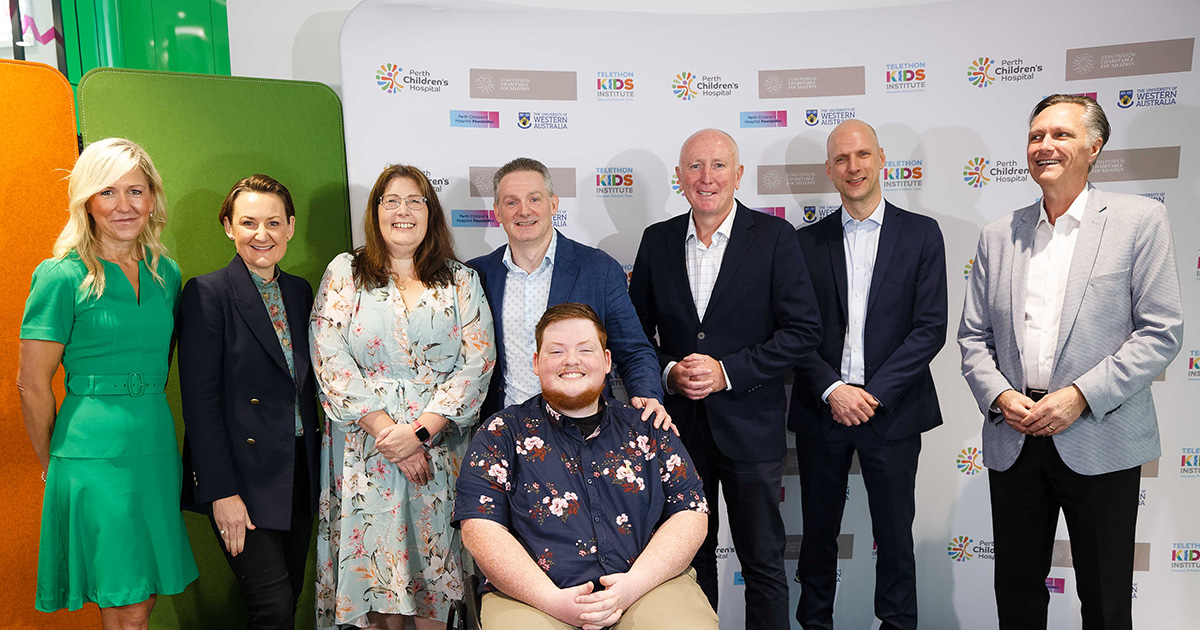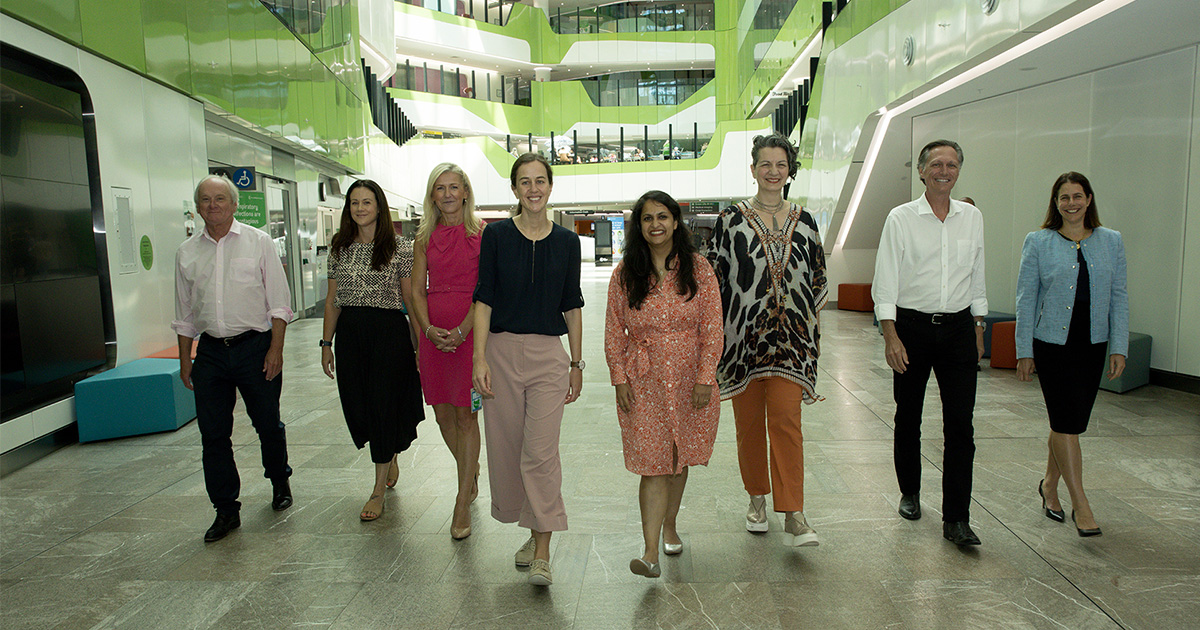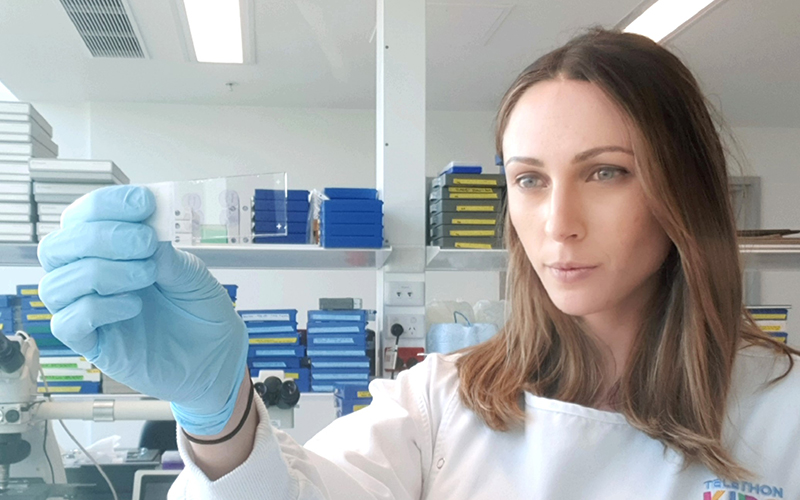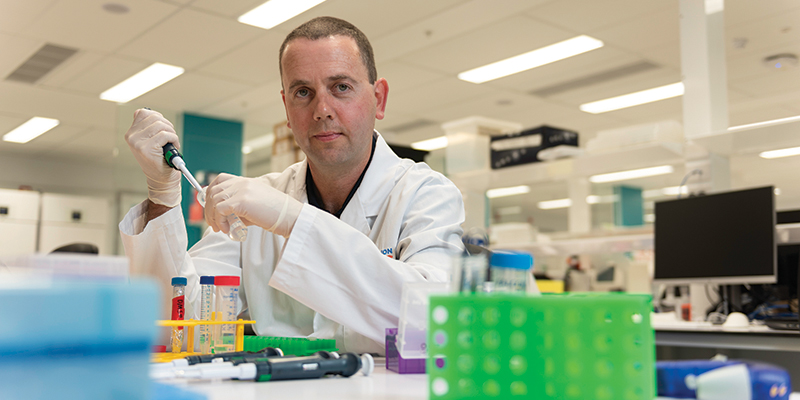Search
Research
Pharmacokinetics of PEGasparaginase in Infants with Acute Lymphoblastic LeukemiaPEGasparaginase is known to be a critical drug for treating pediatric acute lymphoblastic leukemia (ALL), however, there is insufficient evidence to determine the optimal dose for infants who are less than one year of age at diagnosis. This international study was conducted to identify the pharmacokinetics of PEGasparaginase in infants with newly diagnosed ALL and gather insight into the clearance and dosing of this population.
Research
The critical role of the bone marrow stromal microenvironment for the development of drug screening platforms in leukemiaExtensive research over the past 50 years has resulted in significant improvements in survival for patients diagnosed with leukemia. Despite this, a subgroup of patients harboring high-risk genetic alterations still suffer from poor outcomes. There is a desperate need for new treatments to improve survival, yet consistent failure exists in the translation of in vitro drug development to clinical application.
Research
“I Don’t Get to Play With My Mum Anymore”: Experiences of Siblings Aged 8–12 of Children With Cancer: A Qualitative StudySiblings of children with cancer have been shown to experience disruption in multiple domains including family, school, and friendships. Existing literature on siblings' experiences focuses on older children or on a broad range of ages.
Research
Challenges and considerations for antifungal prophylaxis in children with acute myeloid leukemiaChildren receiving treatment for acute myeloid leukemia (AML) are at high risk of invasive fungal disease (IFD). Evidence from pediatric studies support the efficacy of antifungal prophylaxis in reducing the burden of IFD in children receiving therapy for AML, yet existing antifungal agents have specific limitations and comparative data to inform the optimal prophylactic approach are lacking.
Research
Fine-Tuning the Tumour Microenvironment: Current Perspectives on the Mechanisms of Tumour ImmunosuppressionImmunotherapy has revolutionised the treatment of cancers by harnessing the power of the immune system to eradicate malignant tissue. However, it is well recognised that some cancers are highly resistant to these therapies, which is in part attributed to the immunosuppressive landscape of the tumour microenvironment (TME). The contexture of the TME is highly heterogeneous and contains a complex architecture of immune, stromal, vascular and tumour cells in addition to acellular components such as the extracellular matrix. While understanding the dynamics of the TME has been instrumental in predicting durable responses to immunotherapy and developing new treatment strategies, recent evidence challenges the fundamental paradigms of how tumours can effectively subvert immunosurveillance. Here, we discuss the various immunosuppressive features of the TME and how fine-tuning these mechanisms, rather than ablating them completely, may result in a more comprehensive and balanced anti-tumour response.
Research
Parental occupational exposure to pesticides and risk of childhood cancer in Switzerland: a census-based cohort studyPesticide exposure is a suspected risk factor for childhood cancer. We investigated the risk of developing childhood cancer in relation to parental occupational exposure to pesticides in Switzerland for the period 1990-2015.

News & Events
Philanthropic legacy dedicated to seeing all kids with cancer survive and thriveOne of WA’s biggest ever philanthropic gifts will transform childhood cancer research and treatment by improving outcomes for children with cancer and discovering more effective and less toxic treatments.

News & Events
PhD pathway program ensuring bright future for clinical research in WATwo outstanding Perth Children’s Hospital clinicians will be supported to pursue a career in medical research, paving the way for more clinician-scientists in Western Australia.

News & Events
Cancer researcher to use Forrest Fellowship to tackle high rates of relapse after sarcoma surgeryA The Kids Research Institute Australia researcher aiming to reduce the high rate of relapse in children after cancer surgery has won a prestigious post-doctoral fellowship from the Forrest Foundation.

News & Events
Pioneering research could be key to keeping cancer in checkCancer research is being reimagined after a collaboration between The Kids Research Institute Australia, the Peter Doherty Institute for Infection and Immunity.
